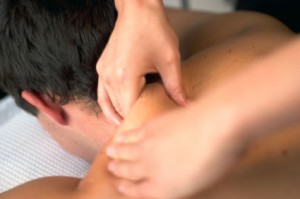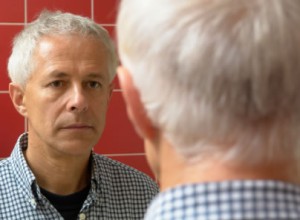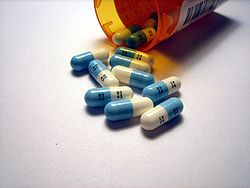 A new randomized trial shows that on average, three months after receiving a series of 10 massage sessions, patients had half the symptoms of anxiety. This improvement resembles that previously reported with psychotherapy, medications, or both. But the trial, published in the journal Depression and Anxiety, also found massage to be no more effective than simple relaxation in a room alone with soft, soothing music. [continue reading…]
A new randomized trial shows that on average, three months after receiving a series of 10 massage sessions, patients had half the symptoms of anxiety. This improvement resembles that previously reported with psychotherapy, medications, or both. But the trial, published in the journal Depression and Anxiety, also found massage to be no more effective than simple relaxation in a room alone with soft, soothing music. [continue reading…]
March 2010
Divining the Right Drug , Scientific American reports on a new device that may take the guesswork out of prescribing an antidepressant that works.
Imagine suffering from the crushing weight of major depression, then finally getting diagnosed and starting treatment with a drug—only to realize after two months that the medication, despite its unpleasant side effects, is not alleviating your depression. Unfortunately, this experience is far from rare: more than two thirds of patients with depression have no luck with the first medication they are prescribed and must also endure the withdrawal effects that come with discontinuing a drug before trying a new one. Finding the right treatment can prove a lengthy, painful process of trial and error. A new technology, however, may bypass this ordeal by gauging very early in a treatment regimen how well a drug is working based on the patient’s brain waves. continue reading
Source: Scientific American

Since at least the days of Socrates, humans have been advised to “know thyself.”
And through all the years, many, including many personality and social psychologists, have believed the individual is the best judge of his or her own personality.
Now a psychologist at Washington University in St. Louis has shown that we are not the know-it-alls that we think we are. [continue reading…]
Srikumar Rao says we spend most of our lives learning to be unhappy, even as we strive for happiness. At Columbia University, he teaches us how to break free of the “I’d be happy if …” mental model, and embrace our hard-wired happiness.
Source: TED

